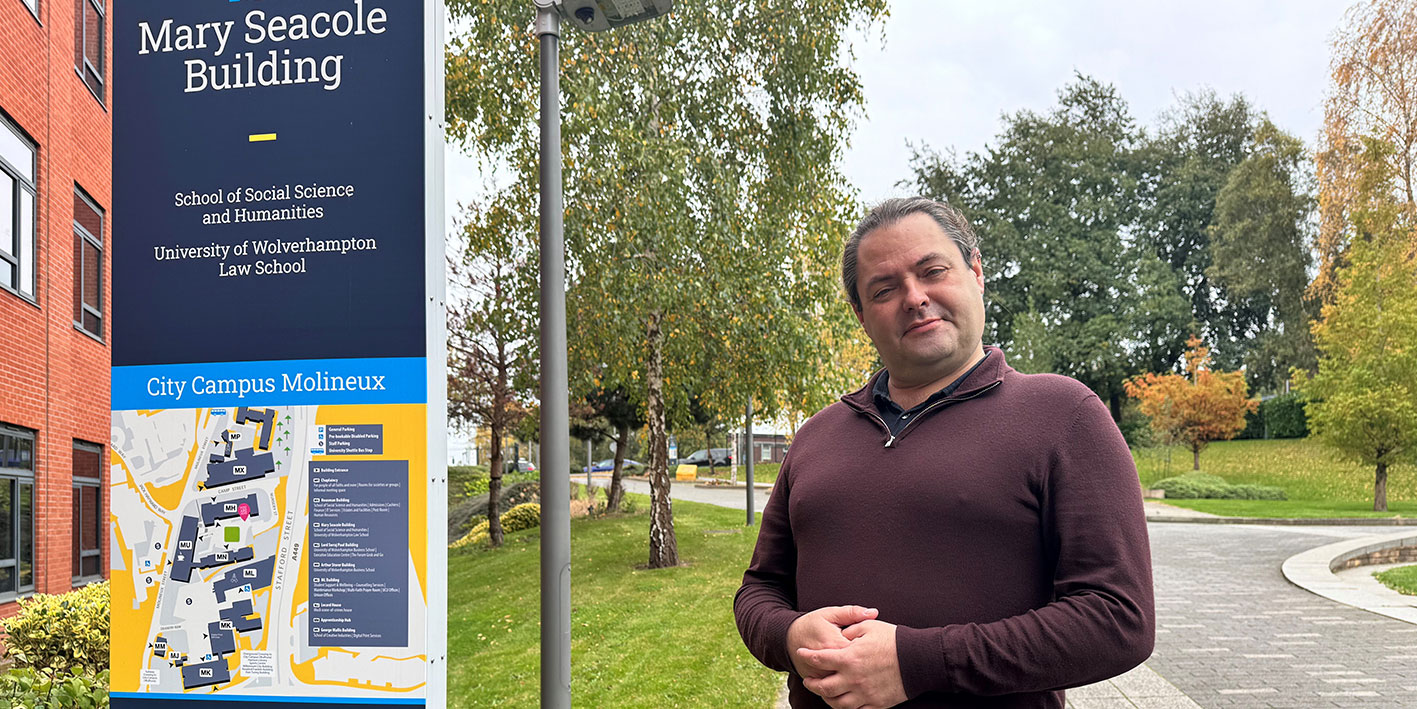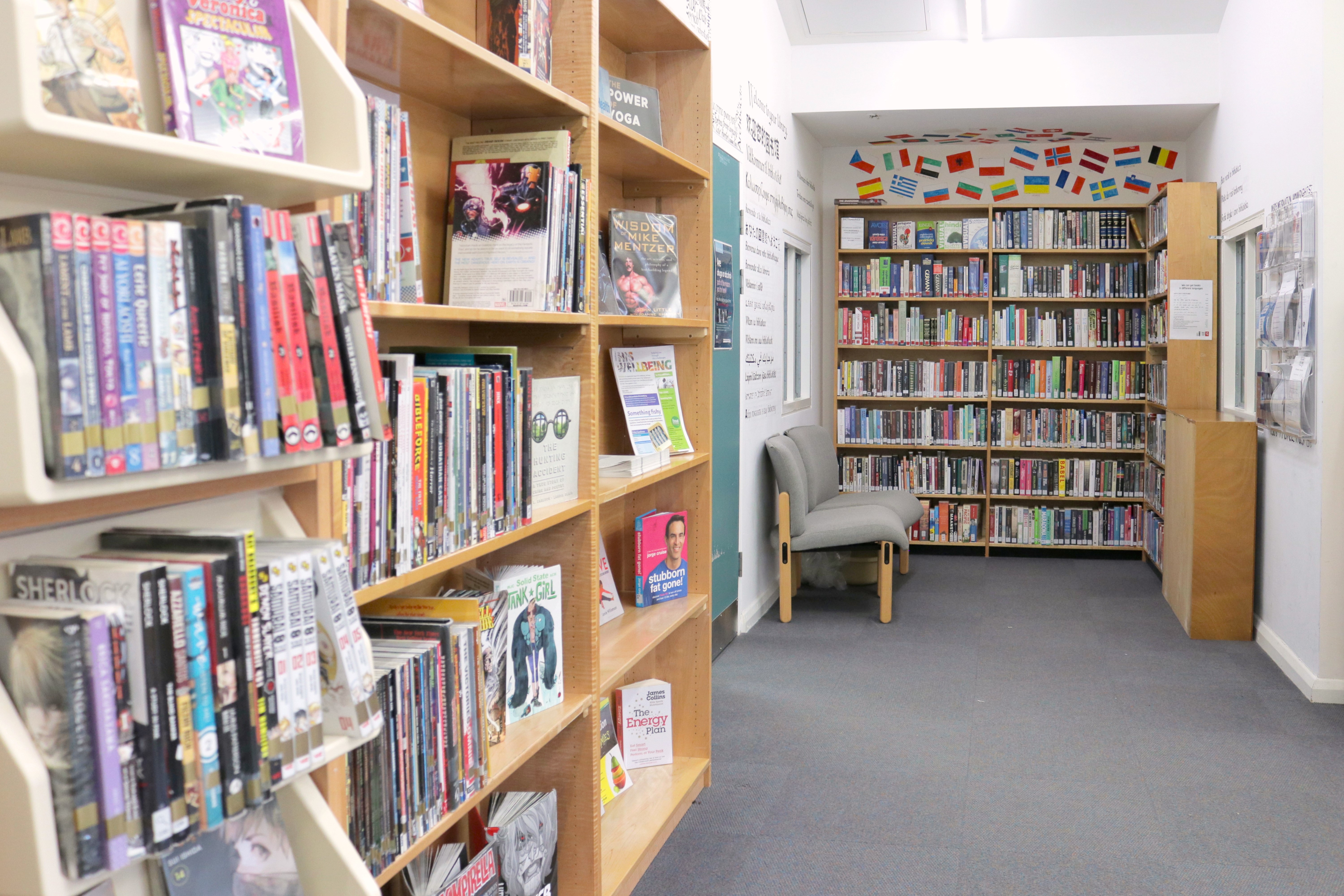
The Big Bookshare

This blog was kindly authored for HEPI by Victoria Barnett, Professor Sebastian Groes and Peter Harvey, who are the lead collaborators on the Big Bookshare project.
This autumn, the Arts Council England funded Big Bookshare project at the University of Wolverhampton will invite hundreds of prisoners to join a book club and take part in a series of activities including creative writing workshops. The project is based on close engagement with prisoners themselves, but also on cutting-edge computational research to understand which books are likely to be a hit with prisoners. The goal is to teach new skills, boost literacy and enhance prisoners’ wellbeing, but it also aims to benefit new HM Prison and Probation Service policy. The project is supported by best-selling authors Stephen Fry and Kit de Waal.
Prison Policy
For a while HM Prison and Probation Service (HMPPS) has had two priorities: reducing reoffending and improving efficiency in order to reduce the costs of their operations. More recently there has been a marked shift in prison policy that focuses specifically on the reading strategy. Recent research commissioned by the Ministry of Justice shows that 61% of adult prisoners taking initial assessments had literacy levels below those expected of an 11-year-old. Roughly similar percentages for initial assessment outcomes for English and Maths suggest that prisoners score below GCSE level.
Following a critical Ofsted report in March 2022 into reading in prisons, the Ministry of Justice and HM Prisons and Probations Service have been rolling out a new strategy to improve reading and literacy levels for prisoners. In response to the Ofsted report, HM Prisons and Probation service stated: ‘Governors should lead a whole-prison approach to reading that facilitates reading for pleasure, purpose and rehabilitation.’They began implementing new strategies to improve reading in prisons.
One of the key findings of a 2017 report on prison education was that taking part in any form of educational activity, not just achievement, had a positive impact on reducing reoffending. Evidence shows prisoners who undertake any form of in-prison education are nine percentage points less likely to reoffend than those who do not.
Minister of State for Prisons, Parole and Probation, Damian Hinds MP, said in March 2023: ‘Evidence shows that being able to read and write to a decent standard after prison can make all the difference between a positive, law-abiding life or a return to crime.’ Indeed, HMPPS now makes the explicit connection between the positive impact that literacy has on cutting crime.
Not just a book club
The Shannon Trust and the National Literacy Trust have been awarded £1.8 million to pilot new reading and writing programmes that aim to get more inmates into class and boost their chances of securing work or training in the outside world. Alongside these initiatives, the Arts Council England funded Big Bookshare project at the University of Wolverhampton will invite hundreds of inmates in Kent prisons to join a mass book club and take part in a series of creative activities. It is a pilot project and will take place in four prisons in Kent – HMP Swaleside, HMP Elmley, HMP Maidstone, and HMP East Sutton.
The Bookshare is a follow-on project of the Arts and Humanities Council funded Novel Perceptions, a research project investigating unconscious biases in the reading preferences of the British population. The Big Bookshare is not just a one-off book club where prisoners read and discuss a title but takes a more comprehensive approach to reading. The prisoners will receive a magazine with shorter texts to get them started, and they will also be invited to do creative writing exercises and take a workshop with Lecturer in Creative and Professional Writing at the University of Wolverhampton, Dr Rob Francis.
The team also hope to create reading champions who will lead reading groups in the future, both inside and in society. The aim of the project is to understand how to make reading for pleasure attractive for prisoners: by choosing the popular books that will get inmates talking, and creating an inspirational learning journey that will stick with prisoners for a longer time.
One of the other books chosen for the HMP East Sutton Park is British-Irish writer and University of Wolverhampton Honorary Graduate, Kit de Waal’s international bestselling novel, My Name is Leon, a heart-breaking story about an adopted boy who deals with life in foster care. De Waal, who herself adopted two children, has recorded a video for the project in which she discusses her story, including her experience of the care system in Britain.
Leader of the Big Bookshare project, Professor in English Literature at the University, Sebastian Groes, said: “We’re absolutely delighted to work with Stephen and Kit. It’s wonderful that two such eminent and well-loved writers are willing to give their time and energy to inspire readers of all kinds reinforces our belief that literature can bring benefit to everyone.”
A Stylistic ‘Sweet Spot’
The Big Bookshare is more than a straightforward reading programme because it takes a new and radical approach towards impacting inmates’ lives. The project is unique in that it uses novel computational research to understand which novels are likely to be a hit with prisoners.
The Bookshare team collected book recommendations by prisoners in the four Kent prisons. Titles recommended by prisoners included the Harry Potter series and Lord of the Rings, as well as a range of biographies and non-fiction books. Writers that were highly popular included James Patterson and Stephen King, both known for producing page-turners. An analysis of the style of these two authors in a so-called Cluster Analysis – in which a computer compares the relationship between the most frequently used words in text – also showed a marked similarity in style. A principal Components Analysis showed that these two authors’ stylistic signature has a clear overlap with Stephen Fry’s retelling of Greek mythologies, Heroes, which seems to suggest that Fry’s writing style is likely to go down well with the prisoners. After further investigation, the result prompted the team to invite Fry to work with them on the Big Bookshare.
Fry, who spent three months in Pucklechurch Remand Centre, confirmed his participation in the Big Bookshare. He said:
As an ex-prisoner myself I know the value of books and reading on the inside. TV is all very well but nothing takes the mind, soul and spirit outside the walls so much as a book. Prison life is often noisy, crowded and loud – reading provides creative privacy, a kind of solitary non-confinement where you can visit other worlds, live other lives and find solace and reward.
I hope that people taking part in the project will, first and foremost, appreciate the pleasure of truly magnificent stories and also recognise the fallibility of true heroes, the pressure they are under and the mistakes they make. Not one of the Greek Heroes is perfect and without flaws. Fate and failure dog them, but they win through.
The Big Bookshare ultimately hopes to bring benefits aligned with HMPPS’s reading policy by inspiring prisoners to not only read more, but also to read differently. By finding books that lie outside prisoners’ comfort zone, but that have a style that they will like, the Bookshare team aims to address unconscious biases; the stereotypes that certain groups may have about individuals or other groups of people that are often not aware of.
For more information please contact the Corporate Communications Team.


/prod01/wlvacuk/media/departments/digital-content-and-communications/images-2024/Diane-Spencer-(Teaser-image).jpg)
/prod01/wlvacuk/media/departments/digital-content-and-communications/images-18-19/220325-Engineers_teach_thumbail.jpg)
/prod01/wlvacuk/media/departments/digital-content-and-communications/images-2024/241024-Dr-Christopher-Stone-Resized.jpg)
/prod01/wlvacuk/media/departments/digital-content-and-communications/images-2024/UoW-City-Campus-(Teaser-Image).jpg)
/prod01/wlvacuk/media/departments/digital-content-and-communications/images-2024/241014-Cyber4ME-Project-Resized.jpg)
/prod01/wlvacuk/media/departments/digital-content-and-communications/images-2024/240315-Research-Resized.jpg)
/prod01/wlvacuk/media/departments/digital-content-and-communications/images-2024/241016-NHS-England-Accreditation-Resized.jpg)
.jpg)
.jpg)